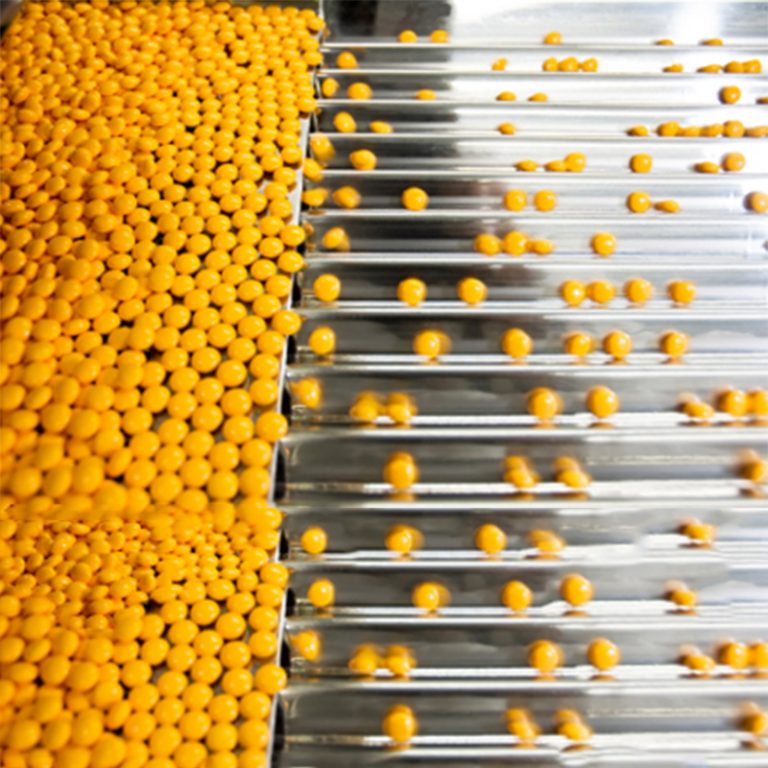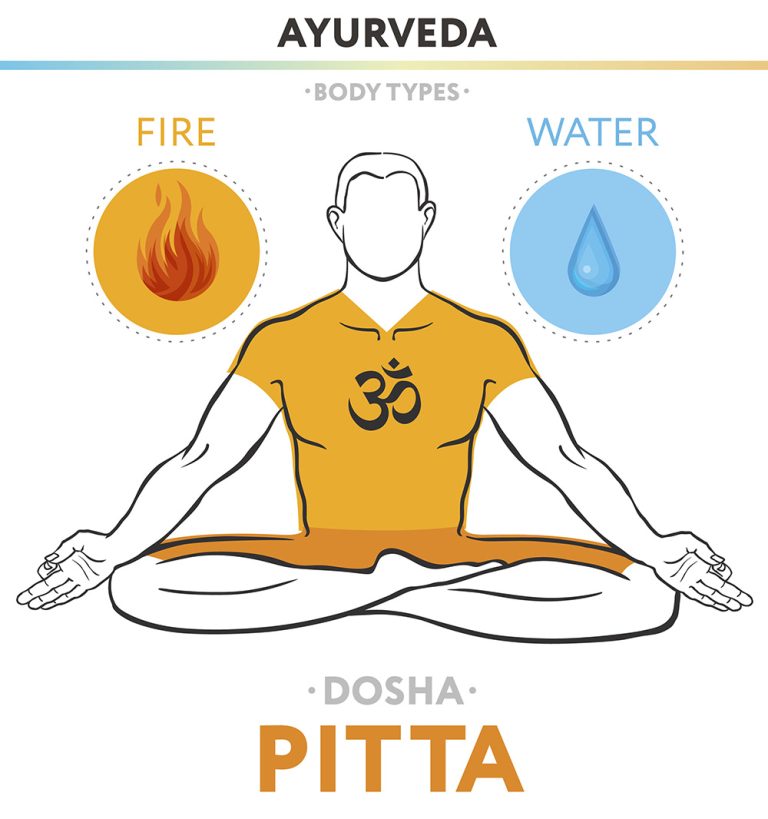Ayurveda And Beef – Raman Das Dispels A Dietary Myth
Is eating beef good for your health? What is the Ayurvedic view?
Ayurveda recognises a good diet as the primary means of defence against illness. However, it also recognises that what constitutes a good diet for one person may be quite unsuitable for another. Furthermore, contrary to what some people believe, it does not dictate that all good diets must be meat free. In fact, non-vegetarian foods are frequently recommended to help restore a person’s equilibrium, and can even be effective as a medicine in maintaining balance. What is seen as essential is that diet must always be customised to suit an individual’s needs. Ayurvedic principles consider balance of the doshas as being central to that wellbeing. Each body type has different requirements to achieve doshic balance: the Vata type can do well on a heavy diet including substantial amounts of meat, whereas the Pitta type is better suited to a purely vegetarian diet, and the Kapha type is typically an omnivore.
It is as important for a meat eater to select products of high quality as it is for a vegetarian to seek out the freshest of vegetables and fruits. A good example of high quality meat is that obtained from the Brahman cattle that are found in the north and west of Australia. These animals were long ago exported from India to every continent and are well known for their quality, both for meat and for milk. Their relatively low milk yield, however, makes it unprofitable to use them for dairy herds. The best quality of meat comes from the black animals, as their dark colour absorbs the sun’s energy.
Of all meats, beef has perhaps the greatest ability to increase Pitta, and in so doing it boosts mitochondrial function. In a cold country this has great nutritional benefits in terms of improving energy levels and resistance to the low temperatures. In such situations it is as effective as a medicine. However, in hot countries it can cause congestion, leading to a variety of problems such as heart disease and skin disorders. Eaten in large amounts or without taking the precaution of consuming adequate alkalising foods, particularly green vegetables; it can cause the body to become excessively acidic –especially if you are predominantly a Pitta type. I have found from my own experience that a ratio of 60:40 in favour of vegetables is a good guideline, particularly in noting the benefits with patients working on weight issues.
To be sure that your diet is conducive to a good acid-alkali balance the first step would be to have a doshic analysis – the basis of any Ayurvedic assessment. What is one man’s meat really is another man’s poison.
Next time: Calcium Supplements – Raman Das Looks At Their Pros And Cons
Frequently Asked Questions
What does Ayurveda say about beef?
Ayurveda understands and recognises the individual dietary need based on the body’s personal constitution. It neither encourages or discourages from consuming beef or any animal protein. If a person has a strong digestion then he/she may easily consume beef. While others with weak digestion may find it difficult to make it a part of their diet.
Is beef healthier than chicken?
Chicken is a healthier option when compared to beef as it is better for the body’s cardiovascular health.
What does Ayurveda say about eating meat?
Ayurveda does not put a blanket ban on eating meat. It rather focuses on an individual’s personal constitution (dosha type) and the acidic-alkaline balance in the body. According to Ayurveda, certain individuals may consume meat as a part of their dietary requirement, while others may refrain from it in order to maintain a healthy equilibrium in the body.
When should we eat meat as per Ayurveda?
Consumption of meat should be done during lunch time, from 12 p.m. to 1 p.m., when the body’s digestive fire is strongest and it has a better capacity to digest and absorb minerals from your food.
Does Ayurveda promote vegetarianism?
Although Ayurveda doesn’t stop anyone from consuming animal protein, especially when consumed like medicine, it is still much more conducive for our bodies to consume a vegetarian diet. A vegetarian diet is lighter and much easier to digest in comparison to non-vegetarian food.
What should be the proportion of vegetables and meat in my diet?
An ideal proportion of vegetables and meat in a balanced diet should be around 60:40.
What are some healthier alternatives to beef?
Lentils, tofu, eggs, mushrooms, chicken, salmon and turkey are some healthier alternatives to beef.
Which is the healthiest meat?
Chicken, goat and turkey are some of the healthiest meats.
Why is beef unhealthy for some people?
Beef may be unhealthy for some people because it may increase the risk of cardiovascular diseases as it is high in unsaturated fats, which may further increase your LDL, or bad cholesterol, levels.
Can beef aggravate the Pitta dosha in an individual?
An over consumption of beef or any meat may lead to an aggravated pitta in the body.

*Discover holistic healing with a complimentary phone or video consultation from our expert Ayurvedic practitioner. Start your path to better health today!*























